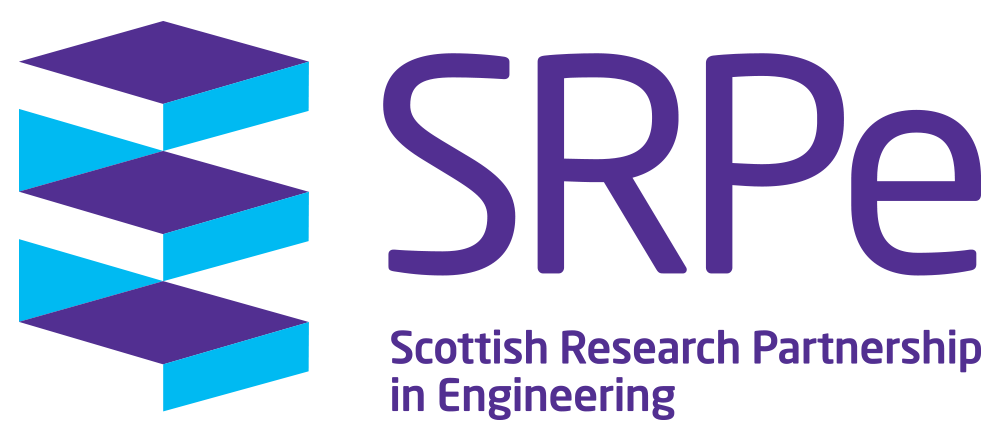3D printing of microscale graded shape memory components for in-vivo actuated medical devices
Academic Institution: Heriot-Watt University
Academic Supervisor: Professor Duncan Hand / Professor Robert Rueben
Industrial Partner: Renishaw
PhD Student: Dr.Logaheswari Muniraj
Summary
Shape memory alloys (SMAs) are active materials that can be deformed at low temperatures and return to their original state under the influence of appropriate thermal and stress conditions. Their unique capability has found applications in many fields, such as aerospace engineering, robotics and consumer electronics. These materials are also biocompatible and are used to fabricate self-expanding stents and actuators for invasive biomedical procedures.
While the scientific foundation for the material properties and manufacturing methods is well-established in macro-scale, Loki’s research posed a captivating question:
How can we fabricate these actuators in the micro-scale?
Loki Muniraj and supervisors Prof Duncan Hand and Prof Robert Reuben worked in collaboration with industry partner Dr Marcus Ardron from Renishaw to develop a fabrication method to manufacture SMA components on the scale of 10-100 µm. Their solution could potentially revolutionize the creation of intricate devices for diverse applications. Here’s how they did it:
1. Advanced Laser-Driven Manufacturing:
Precision metal/alloy printing – Demonstrated micro-scale deposition of nickel, titanium and NiTi structures (from 3 µm to 60 µm). 5 mm × 5 mm × 5 mm grids printed within 10 seconds using scanning systems and translation stages showcasing the reproducibility and processing speeds. This printing technique can be further used for fabricating other functional devices.
2. Optimised Shape Memory Properties:
Optimization and local control of material properties achieved by altering laser parameters and carrying out extensive studies using SEM/EDX analysis.
3. Functional Testing and Applications:
Demonstration of SMA response using differential scanning calorimetry (DSC) and mechanical bending tests. The fabricated SMAs have a transformation temperature of 30.5°C.
Loki also carried out an industrial placement at University of Barcelona to investigate the use of LIFT to print carbon based resistive heating elements that can be used to selectively activate SMA response. A maximum of 123 °C was reached over an area of 18 mm2 at 5.2 V. This was the first reported use of LIFT for thermal management, funded by the Professor Julian Jones Scholarship.
Contact Details
Professor Duncan Hand, Heriot-Watt University
Dr Logaheswari Muniraj, Heriot-Watt University
Logaheswari.Muniraj@hw.ac.uk

